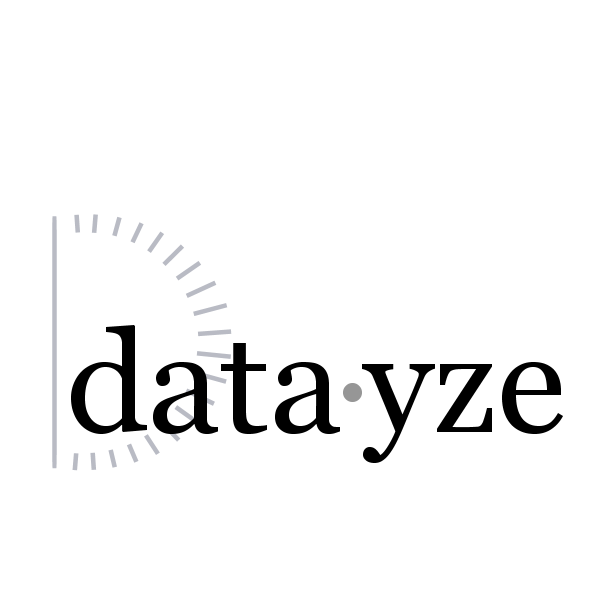
Like the Word Blender, the Name Blender enumerates all combinations of the names supplied. Each combination is then scored against a language score with additional edit distance component. Language models are statistical models that can determine how likely a string of characters is to occur in a given language. The language model helps the Name Blender identify the more natural combinations of the starter words that are likely easier to pronounce. The edit distance component rewards combinations that more closely match each of names supplied. Combinations below a certain threshold are discarded. The end result is a new, but plausible name that is both easy to read and pronounce.
The technical details: The Name Blender scores names by combining a language score with an edit distance score. The language score is created by using a language model with Kneser-Ney smoothing to model the probability character sequences (n-grams) of a string. The data comes from the Social Security Administration (SSA) list of popular baby names.
A name is considered "common" if it is given to at least 200 babies last year. A name that is not common is considered rare.
Love Unique Baby Names? Try our other Baby Name Apps, like the Unique Name Generator or or Alternate Spelling Suggester. The Baby Name Uniqueness Analyzer can let you know just how unusual that name is, and what the chances are an individual with that name is to encounter another person with the same name. The Baby Name Explorer lets you explore names based on gender ratio, substring, popularity, or the number of syllables. Finally, the Nickname Finder can help you find that perfect nick name.